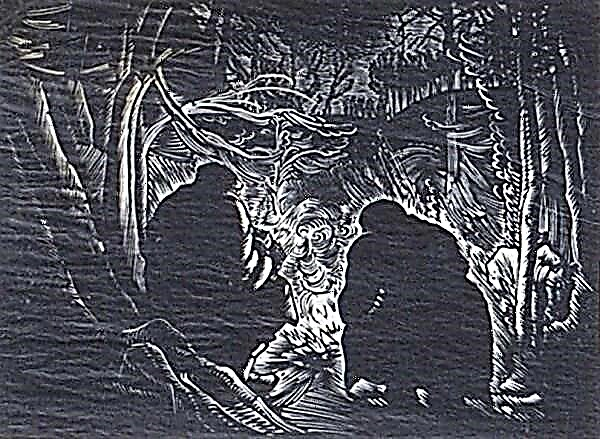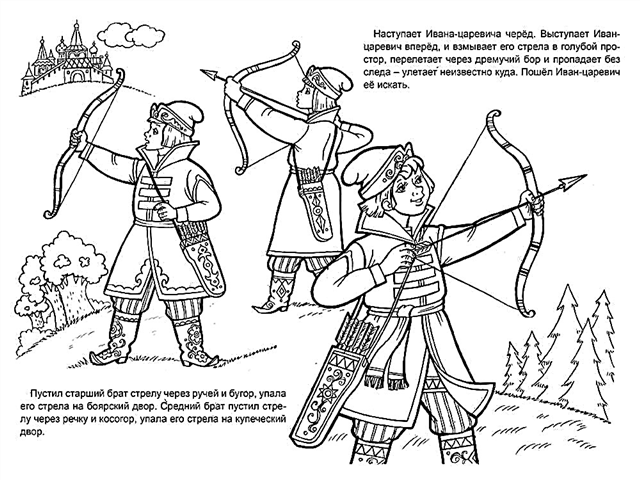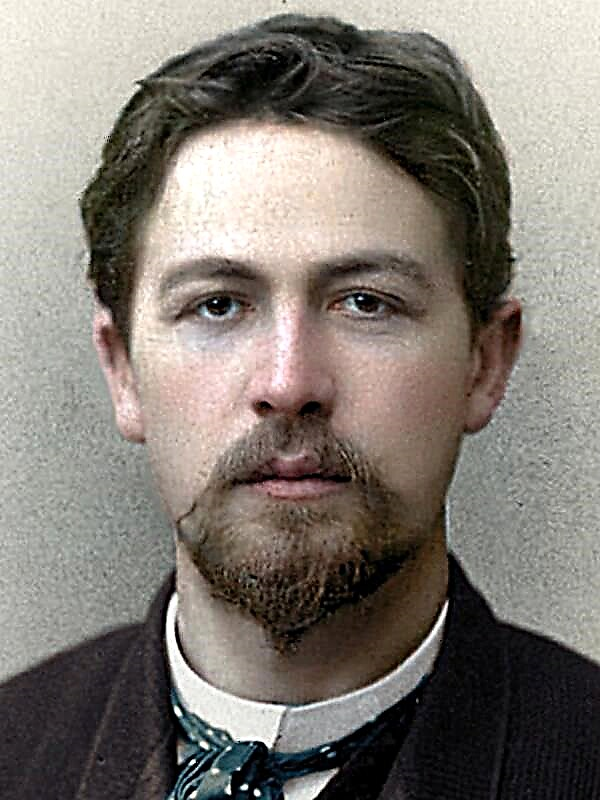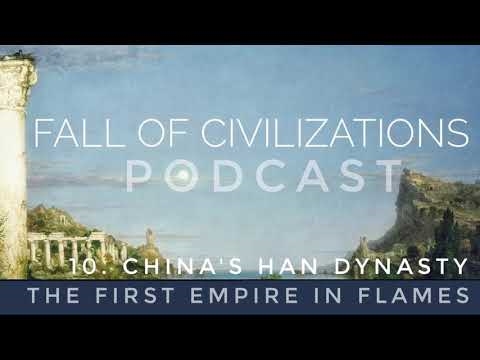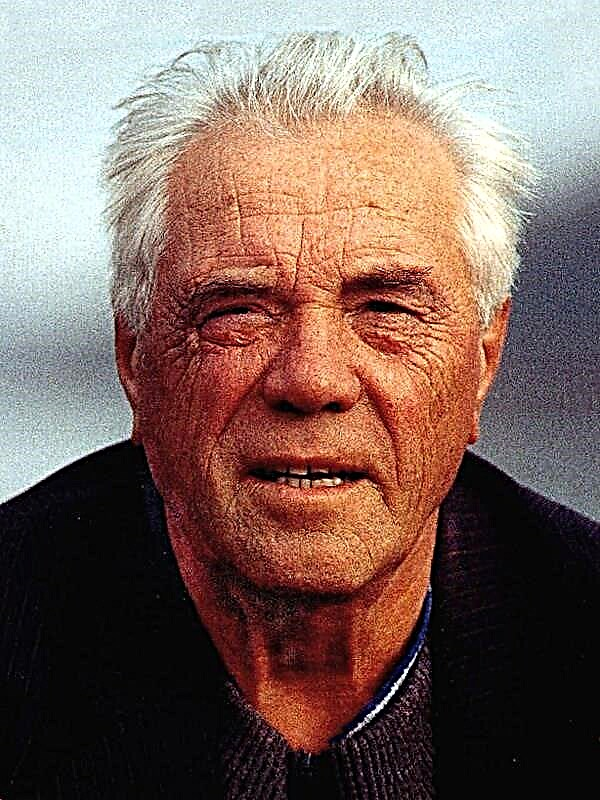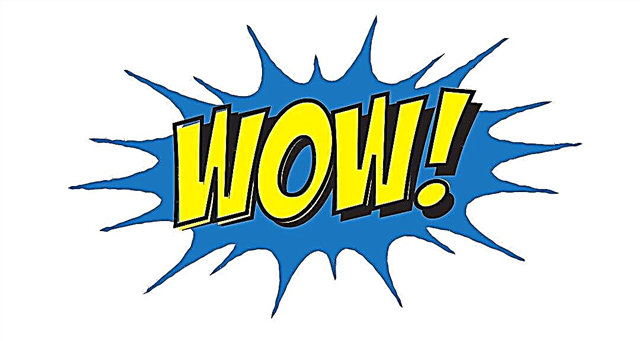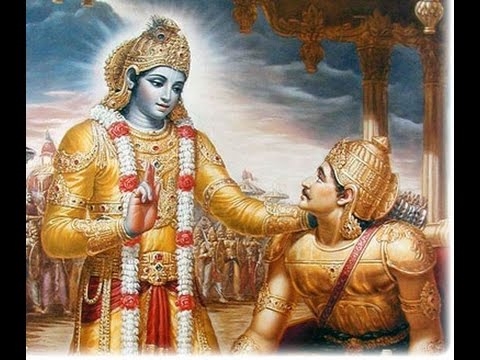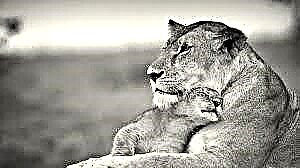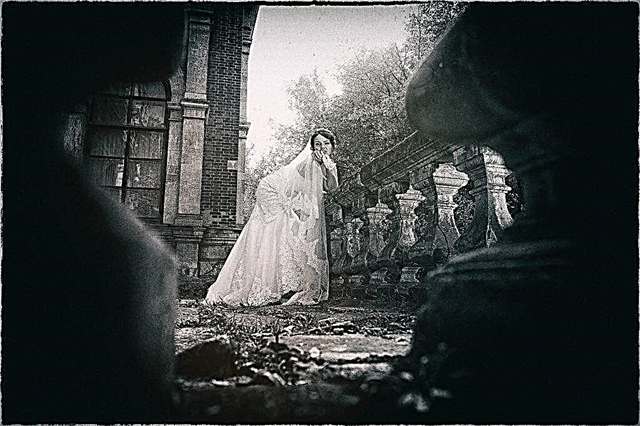(314 words) All Russian literature is permeated with love for Pushkin. The poet became a symbol of his era, enriching domestic culture with new, vivid, immortal images. Inspired by the experiences of previous generations, the author was able to create a completely new literature, truly folk, whose language organically combines a lively conversational stream and the severity of the book style.
The art world of Pushkin is focused on the direct perception of the surrounding reality, and, at the same time, on a keen understanding of its pressing pressing problems. The mastery of style and speech is only one of the manifestations of Pushkin’s deep affection for the Motherland, life and the individual. Humanism in the work of the author is closely connected with the demand for justice, the desire to point out the versatility of the human soul, capable of expressing the most contradictory feelings.
Overcoming the youthful craving for romanticism, Pushkin increasingly turned to the problem of a national character, embodying in the art form the duality and contradictory nature of Russian nature. So, the novel “Eugene Onegin” becomes truly national, in which the author depicted the life of a modern society. The images of Eugene and Tatiana became the embodiment of different sides of the Russian mentality. Frustrated and bored, Onegin is a fundamentally new type of "extra man", which will remain archetypal for Russian literature. Tatyana, a loving, deep, sincere heroine, becomes the ideal of a Russian woman, first for Pushkin himself, and then for all of Russia.
The image of a “little man”, first embodied by Pushkin in the novel “Station Warden”, also becomes characteristic of Russian literature. The writer sought to show behind the conditional character an integral and realistic image that takes place in reality. Sincerity, the apparent simplicity and beauty of the human soul were embodied in Samson Vyrin. The author draws attention to the frank helplessness of man in front of a complex mechanism of life, subordinated to a strict social hierarchy. The petty official Samson Vyrin simply does not have a place in harsh reality. A call to humanity is the main idea of the story and one of the main themes of Pushkin's works.
Heroes of Pushkin are real, devoid of static and artistic hyperbolization, which is why they exclude the unambiguous interpretation. Emelyan Pugachev, Petr Grinev, Vladimir Dubrovsky, Eugene from The Bronze Horseman and other characters of his works have become truly loved because of their attractiveness, naturalness, ultimate truthfulness and, of course, the uniqueness of exclusively national, truly Russian features.

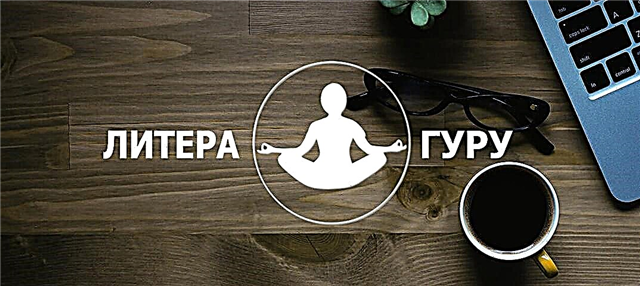

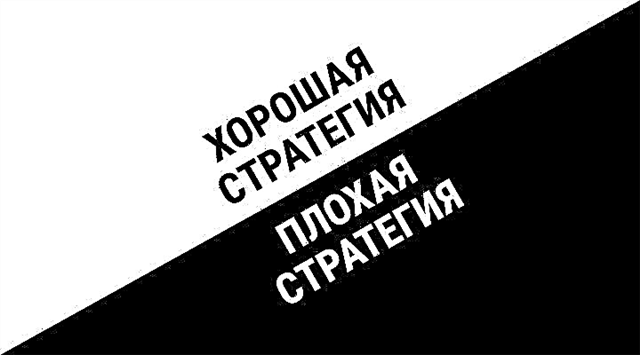 Good strategy, bad strategy
Good strategy, bad strategy